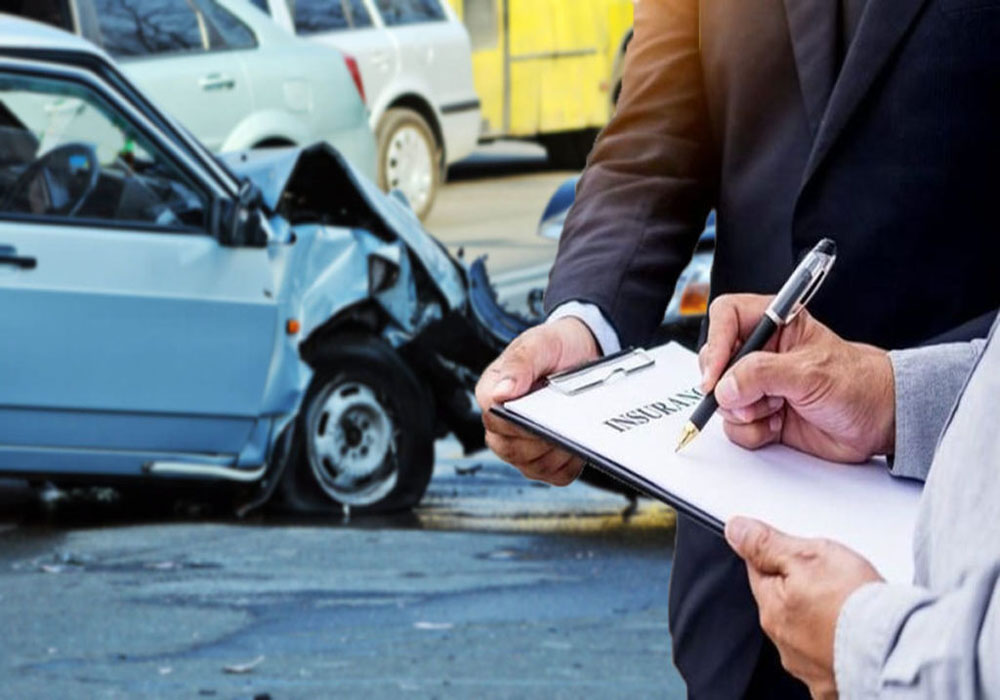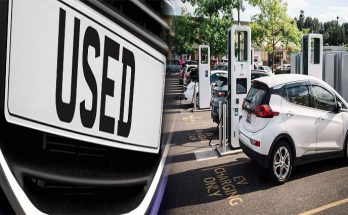Have you been involved in a road accident? If so, are you the legal cause of the accident? Or, was the accident caused by the driver of another motor vehicle on the road? What are the legal consequences of a car crash irrespective of who caused the accident?
What is the personal injury law governing MVA cases?
Before we answer these questions, let’s consider a definition of the personal injury or tort law and its place within the US constitution.
A tort or personal injury is defined as an “act or omission that gives rise to injury or harm to another and amounts to a civil wrong for which courts impose liability.”
Thus, the personal injury or tort law is the legal framework that aims to provide relief to the injured party for the harms caused by a responsible third-party. And, its secondary aim is that it acts as a deterrent for others who are considering committing harmful acts.
The tort law is bound by the common law and the state statutory law. In other words, personal injury cases are heard by state courts and not federal courts. And, a lawyer who specializes in tort law like an Aventura personal injury attorney is qualified to represent both the plaintiff and defendant in a personal injury lawsuit application and trial.
A road accident versus the tort law
As described above, the personal injury law is designed to right the harm caused by a third-party. Thus, the question that begs is, what are the legal consequences of a road accident?
At this juncture, it is vital to note that there is a difference between civil law and criminal law. The best way to explain this is to cite the following case study:
For this discussion, let’s assume that Person A and Person B were both drivers of two individual cars, and they were driving on the same public road together. Person A was traveling in the opposite direction as Person B.
Because Person B was over the legal blood alcohol limit when he got behind the wheel of his car, his reaction times were slower than average. He was also swerving erratically across both lanes of the road. In one of his broad sweeps across the street, Person A comes into his view. However, because his reactions are slow, he causes a head-on collision because he didn’t think to swerve out of the way in time to avoid Person A.
Both cars are written off, and Person A is seriously injured. Interestingly enough, Person B walks away from the accident with minor injuries.
The following legal consequences apply:
Because Person B was driving while intoxicated, he was arrested and charged with a DUI or DWI. This is a criminal offense and incurs one or more of the following penalties: jail time, a fine, and driver’s license cancellation or suspension. It just depends on the severity of the accident that he caused. If Person A were killed, he’d spend a long time in prison convicted of culpable homicide.
Secondly, Person A has the right to file a personal injury case against Person B in a civil court. The criminal charges do not have anything to do with the civil charges and vice versa. The criminal charges will be automatic because drunk driving is a criminal offense while the other parties injured in the accident need to file a claim in the civil court. This process is not automatic.





